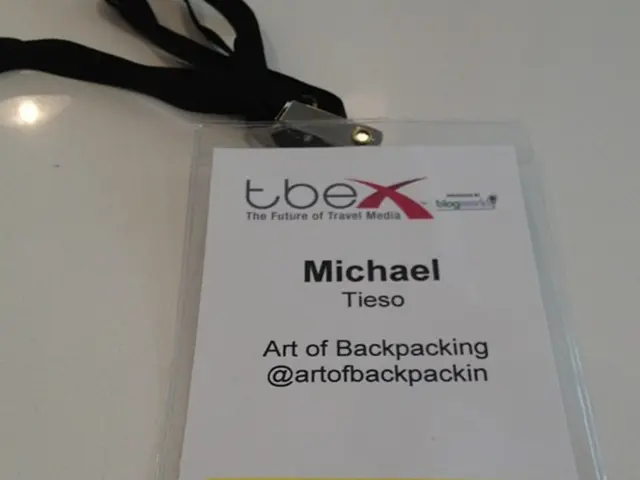Green Party's Anja Liebert announces next phase of startup program, with schools from Bergenland participating.
In a significant move to address educational inequality, the German government has launched the Startchancen program, a comprehensive initiative designed to support schools and students in disadvantaged areas. The program, which is the largest federal-state school program to date, aims to invest 20 billion euros in around 4,000 schools across Germany over the next ten years.
The Startchancen program consists of three key pillars: additional funds for multiprofessional teams, a flexible chance budget for school and teaching development, and an investment program for a supportive and sustainable learning environment.
The program is set to benefit approximately 920 schools in North Rhine-Westphalia (NRW), with the federal government and the state government each contributing 2.3 billion euros. Schools were selected based on a school-specific social index, ensuring that the funds will go where the need is greatest.
The primary goal of the Startchancen program is to offer targeted support to students who are at a disadvantage due to their socio-economic status or family background. By providing additional resources, the program seeks to reduce the gap in educational outcomes between disadvantaged and more privileged students.
The funds allocated to schools under the Startchancen program can be used to increase staffing and resources, develop targeted programs, and improve school facilities. This could include hiring additional teachers or educational assistants, acquiring necessary educational materials and technology, and implementing specialized programs tailored to the needs of disadvantaged students, such as extra tutoring or socio-emotional support.
The program also aims to significantly improve the basic skills of students at the supported schools, particularly focusing on children from low-income families and educationally disadvantaged households.
The Startchancen program is a joint initiative by the federal and state governments, and schools in NRW, including the Scheidter Straße, Westersburg primary schools, and Vogelsang comprehensive school in Solingen, have been confirmed as participants for the school year 2025/26.
Green Member of the German Bundestag, Anja Liebert for the Bergisches Land region, expressed delight that more schools from her constituency were selected.
The Startchancen program is based on a Green idea and is part of broader efforts to address educational inequality and improve the overall quality of education in Germany. For more details about the Startchancen program, visit: https://www.schulministerium.nrw/dokument/startchancen-programm-bestaetigte-teilnehmer-schuljahr-202526-stand-13-februar-2025.
[1] Source: Schulministerium NRW (2023). Startchancen Programm: Bestätigte Teilnehmer Schuljahr 2025/26 (Stand: 13. Februar 2025). Retrieved from https://www.schulministerium.nrw/dokument/startchancen-programm-bestaetigte-teilnehmer-schuljahr-202526-stand-13-februar-2025
[3] Source: Bundesministerium für Bildung und Forschung (2023). Startchancen Programm: Zielsetzungen und Auswahlkriterien. Retrieved from https://www.bmbf.de/de/startchancen-programm-zielsetzungen-und-auswahlkriterien-6291.html
The Startchancen program, a comprehensive initiative for education-and-self-development, extends beyond school resources and aims to influence general-news, such as politics, by addressing educational inequality. The program's focus on providing targeted support to disadvantaged students is not only an investment in their future but also a political statement towards a more inclusive society.
As part of its initiatives for education-and-self-development and politics, the Startchancen program has secured funding for schools, including those in the Scheidter Straße, Westersburg primary schools, and Vogelsang comprehensive school in Solingen, marking a significant step in the drive to reduce socio-economic gaps in educational outcomes.




